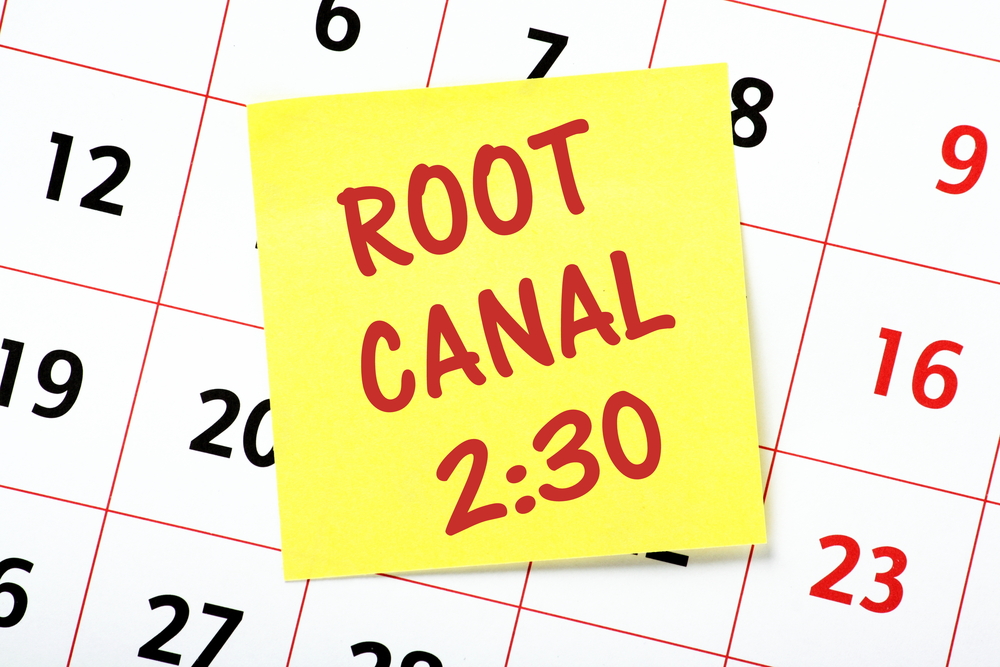Root canal treatments are highly effective in saving injured or infected natural teeth. They are typically not lengthy procedures, but most laypeople are not clear on what’s involved in a root canal or what to look for when selecting a practitioner. If your regular dentist has recommended an endodontist perform your root canal, you will want to be fully informed and feel confident about your treatment. Here are some questions to help you prepare.

What To Ask Your Endodontist Before A Root Canal Treatment
-
What kind of equipment is used for root canals? Endodontists typically perform the procedure far more frequently than a general dentist, so they also have specialized equipment that make the process easier and faster. This equipment can also help better resolve unexpected challenges that may present themselves during the treatment.
-
Do I need to take antibiotics before my root canal treatment? If you have certain types of systemic health issues, including a past history of infective endocarditis, your endodontist may prescribe antibiotic prophylaxis to ensure that you are protected should any oral bacteria enter the bloodstream. If you have an abscess, antibiotics may also be called for. Discuss your entire health history with your endodontist when your root canal is in the planning stages.
-
How many visits will my root canal take? Most root canal treatments are done in a single session, but occasionally you will need to return for a second appointment to finish the procedure. If that’s the case, your endodontist will place a temporary filling to protect your tooth until the treatment is finished.
-
How soon should I make my root canal appointment? Your regular dentist may have already communicated some of your symptoms to the endodontist, and this may give them a rough idea of how soon you need to be treated. However, some symptoms of a serious tooth injury are only apparent after a thorough clinical examination by a specialist; even if you think your symptoms aren’t bothersome, you should make an endodontic appointment as soon as one is available.
-
What should I do if I experience pain after my root canal? Your endodontist should provide you with a pain management plan for the first few days after your treatment, when some discomfort is normal. This may include information on using cold packs or pain-reducing medication. If you experience moderate or severe pain after the third day following your procedure, call your endodontist to see if they would like you to come back in for a recheck.
“Endodontists welcome questions from patients before, during, and after a root canal treatment,” says Dr. Allen, who practices with the Phoenix Endodontic Group. “We want you to understand your case fully, and we will provide you all the information you need to be comfortable and confident about your procedure.”
